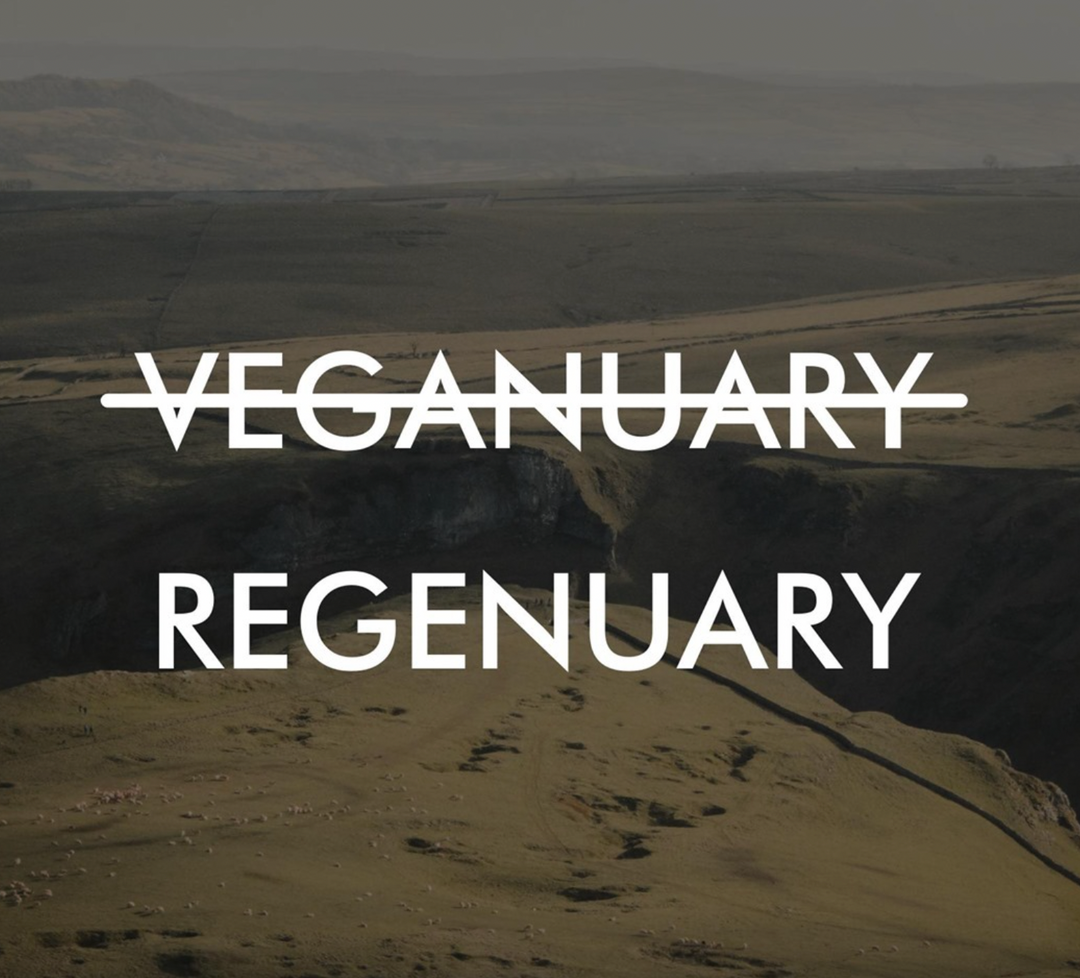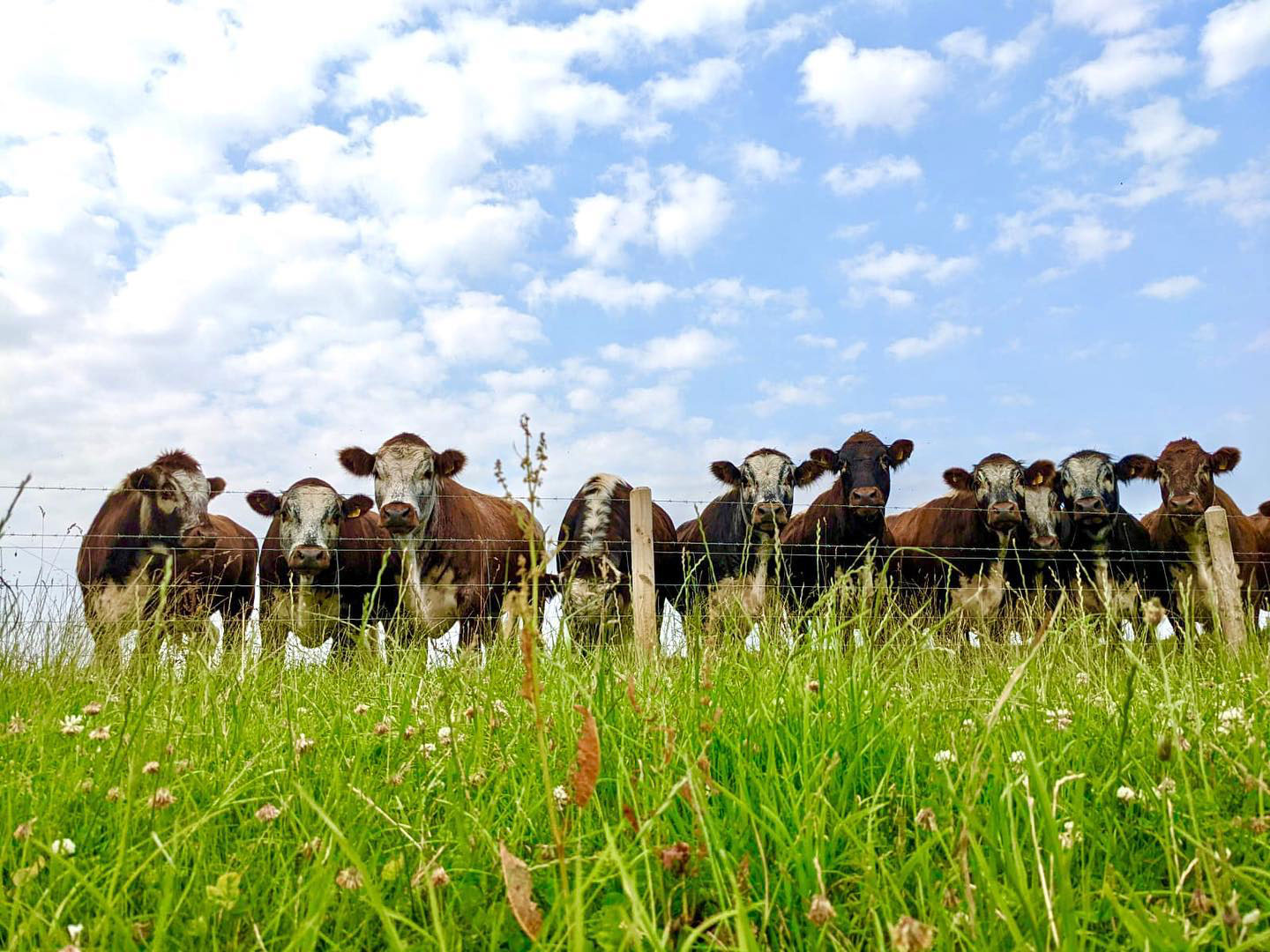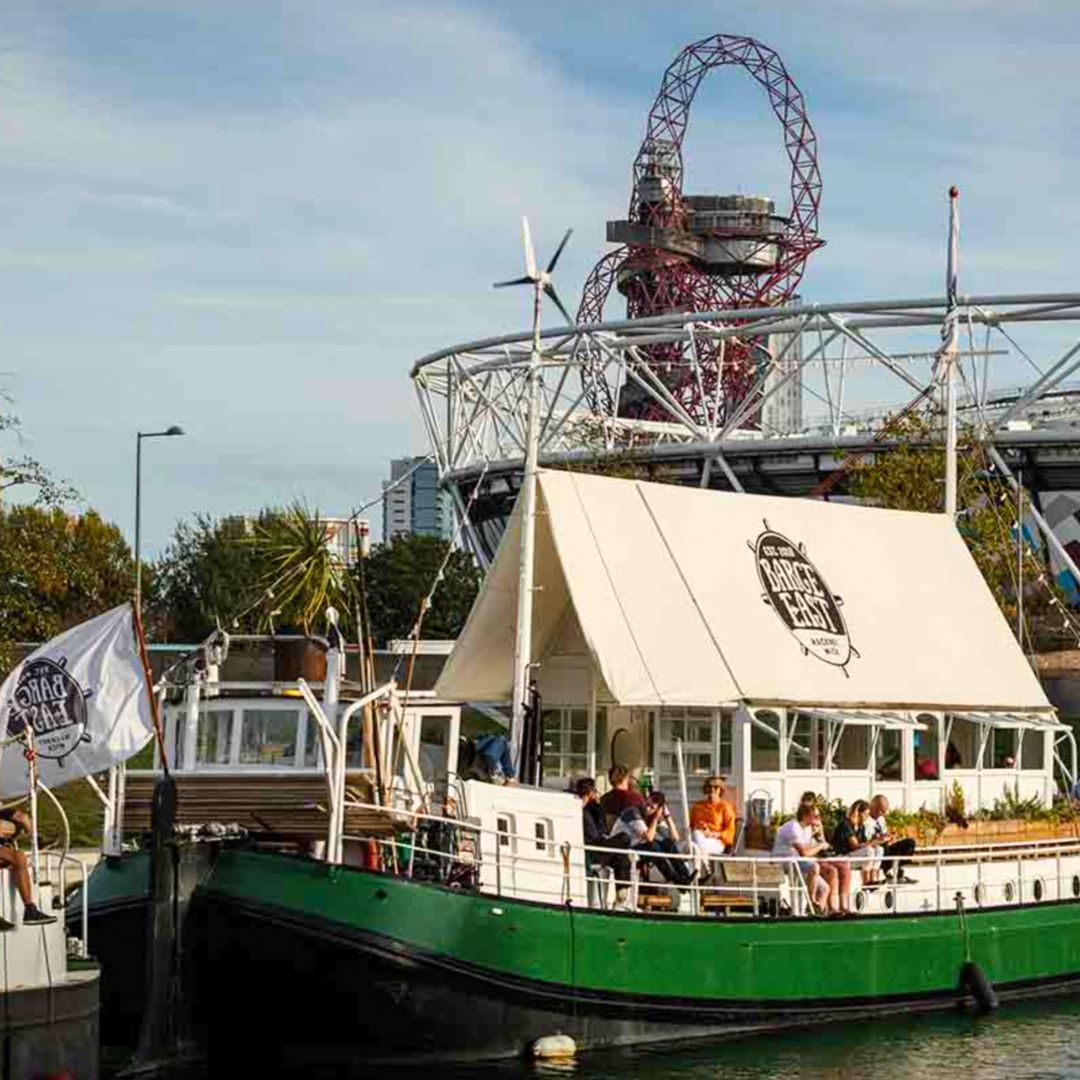
"We have, now more than ever before, an opportunity to be part of a growing movement that’s pivotal in reshaping the future of food"

Regenuary '25
Passionate about making a positive change, The Ethical Butcher first launched the #regenuary campaign to “be the change the industry needed”. Regenuary was founded as a response to the misleading narratives around Veganuary, which often portrayed veganism as the only food solution to environmental issues.
The initiative encourages people to eat foods produced using regenerative farming practices, highlighting how ethically raised meat can help restore the planet.
Throughout the month we will ask the question...can we scale regenerative farming practice so it can achieve greater consumer reach, leverage greater impact and change the culture of food consumption?
We have a variety of events and activities scheduled - all designed to raise awareness around regenerative produce. Including supper clubs, menu takeovers, seminars, exclusive promotions and interviews with regenerative farmers, innovators and influencers.
Please get involved! We will be encouraging you to help spread the regenerative word by being a Regenuary Ambassador. You can play a crucial role in raising awareness about regenerative living and inspire others to join the movement..

MAKE A DIFFERENCE
Join The Movement
Getting involved in #regenuary is as simple as following the steps below.
● Source as much of your food as possible from regenerative producers, from meat and fish to dairy, grains, nuts, seeds, legumes and vegetables
● Buy from British suppliers and do what you can to minimise the impact of transportation
● Where regenerative produce isn’t an option, look for produce marked as organic and biodynamic
● Buy direct from small producers wherever possible, including at farm shops and farmers markets
● Ask questions, do research, get involved in discussions and share your own ideas on food and the environment
● Share your experiences on social media using the hashtag #Regenuary

#regenuary Events 2025
We have a variety of events and activities scheduled throughout the month - designed to help raise awareness around regenerative produce. From supper clubs and farmer profiles to exclusive promotions and menu takeovers we have every regenerative angle covered!
Some highlights below...more to follow.
Miracle Mince Month
Date: Throughout #regenuary
We are delighted to partner with the incredible people at Hospitality Action who were the brains behind our favourite (probably ever) recipe book 'Miracle Mince'. We will be showcasing a selection of innovative mince based recipes throughout the month. They will surprise, inspire and raise awareness of Hospitality Action's incredible work.

Barge East Supper Club
Date: 14.01.25
The team at Barge East in Hackney Wick, London have been stalwart supporters of the Ethical Butcher since its inception. So, we are delighted to announce they will be hosting our first #regenuary '25 Supper Club. Reservations open 3rd January.
Fortnum & Mason Panel Talk
Date: 22.01.25
Join us for a thought-provoking panel discussion where we’ll reveal expert opinions and answer burning questions around how scalable the future of food production using regenerative farming practices really is. Panelists include Thomasina Miers and Jonny Wake, the BFA Sustainable Farmer of the Year.

Understanding Regenerative Agriculture
Put simply, regenerative agriculture is a term that describes farming principles and practices that can reverse the damage done to the environment by the industrial food system. The principles of regenerative agriculture take in everything from soil health and the carbon cycleto biodiversity, land management, animal welfare and more, and draw from decades of scientific and applied research by the global communities of organic farming, agroecology, holistic management and agroforestry.
Food-producing farms that practice regenerative principles can help reduce the effects of humans on the environment by rebuilding soil and improving soil health, restoring biodiversity, improving the water cycle and enhancing local ecosystems through added complexity and greater natural resilience.
A monocultural, industrial farming of any type system steadily reduces soil health, resulting in a cycle of increasing reliance on artificial fertilisers that are often derived from fossil fuels. Healthy soil that’s supported naturally by grazing animals, however, actually has a positive effect. From meat and dairy farms to those producing vegetables and grains, the processes involved in regenerative agriculture can help capture huge amounts of carbon and above-ground biomass, reducing greenhouse gas emissions and reversing current global trends of atmospheric accumulation.
Any food that’s produced cheaply has a cost higher up the food chain, but regenerative agriculture offers benefits to farmers including increased yields, resilience to climate instability, and higher health and vitality for farmers, and helps reverse the negative effects of the industrial food system on farming communities.
Within a regenerative system animals are eating a species appropriate diet and are encouraged to interact with the environment in a way that is natural to them. This means for example pigs will be rooting and turning over soil, poultry will be scratching at the land and cattle selectively grazing in a natural environment that enriches their experience compared to industrial farming.
Regenuary is an inclusive campaign meant for consumers across a range of diets. While Regenuary aims to clarify misleading conceptions around meat production and its effect on the environment, you can still take part as a pescatarian, vegetarian or vegan using the same principles of buying from regenerative producers and getting involved in discussions around food and agriculture.
Regenuary began in 2019 as a response to Veganuary. We were frustrated with the misleading messaging around veganism - its effect on the environment, and its co-opting by supermarkets and multinational corporations. We began Regenuary as a campaign on social media, whose impressions quickly grew into the millions. Today, Regenuary is an annual, national and international campaign enjoying participation from millions of consumers and industry advocates.
We'll capture the expert opinions and answer some of the burning questions around how scalable the future of food production using regenerative farming practices really is. We’ll deep dive into what the hospitality and retail sectors are doing to meet the environmental pressures, and demands of ‘conscious consumers’.
As always we will be looking at how food service can reduce impact from the obvious markers of simple ingredient sourcing through to waste and packaging reduction and even energy consumption.

THE REGENETARIANS
Meet the Regenetarians
'Regenetarians' are advocates who are as passionate about changing the conversation around food, agriculture and the environment as we are. They range from farmers and food producers to academics and writers - all committed to raising awareness of the #regenuary campaign and the principles it stands for. Discover them HERE.
Regenerative Produce - What To Look For
This is our guide to low impact and regenerative produce. We consider what low or positive impact really means. Click on each product category for a directory of impact-led brands.
Meats
Grazing animals are 100% pasture fed and are ruminants treated as part of an ecosystem. Poultry and pork are fed a natural diet and have a benefit to soil ecology. No soy is used in the animal feed and each farmer strives to improve and increase biodiversity on their land. Through careful regenerative methods, new soil is formed and carbon is sequestered.
Seafood and Fish
Farmed or fresh seafood and Minimal foreign or introduced external inputs in the form of feed, fertilisers, antibiotics, etc. Production methods to minimise deleterious outputs and waste products, without inhibiting the ability of cohabitating wildlife to thrive. These suppliers contribute to the environment positively through habitat creation and/or water filtration.
Dairy Produce
Cow, goat and sheep milks, cheeses, butters and yoghurts from grazing animals that are 100% pasture fed. They are ruminants treated as part of an ecosystem and no soy is used in the animal feed. Each farmer strives to improve and increase biodiversity on their land and new soil is formed while carbon is sequestered.
Grains, Seeds and Pulses
Regeneratively produced crops are grown and harvested minimising soil disturbance and the use of chemical inputs. Aiming to maximise biodiversity, both of animals and plants, the farmers keep the soil covered with crops for as long as possible. They are adapting to the local environment instead of trying to change nature.
Vegetables and Fruits
The farmers employ methods to stimulate plant growth while increasing soil carbon deposits and fertility. In turn, insect and plant biodiversity is increased and so is soil carbon sequestration via well-managed practices. Minimum to zero tilling as well as the use of cover crops, crop rotations, compost, and animal manures, restoring the plant/soil microbiome.
Oils and Fats
Regeneratively produced crops, minimising soil disturbance and the minimal to no use of chemical inputs. By keeping the soil covered with crops as long as possible and introducing animals to the system to control weeds and pests, farmers are maximising biodiversity, both in animals and plants. They are using companion crops and planting to restore soil health and carbon.





















